Corfu: an idyllic Greek island refuge
Greece is preparing to welcome back tourists. Make a dash for Corfu, says Chris Carter

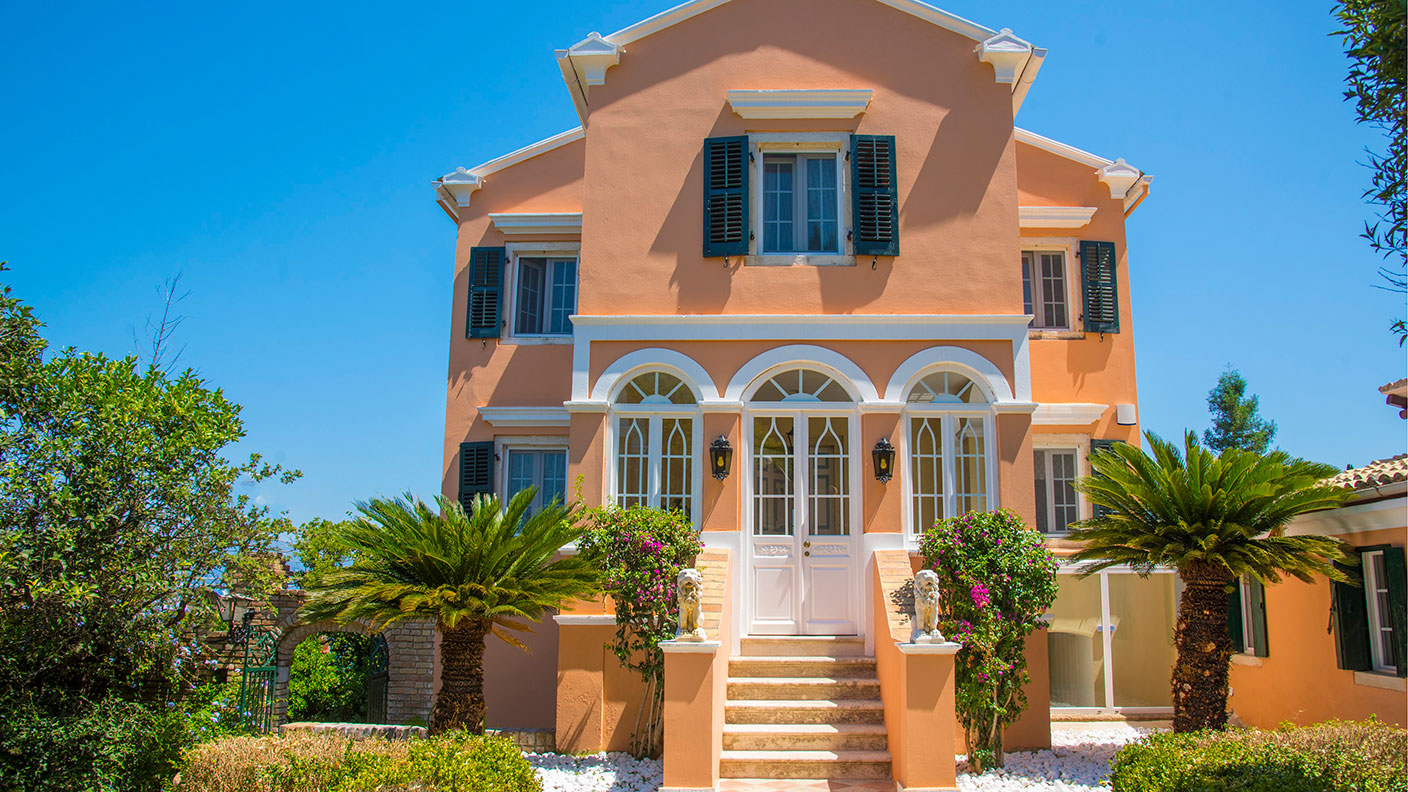
Get the latest financial news, insights and expert analysis from our award-winning MoneyWeek team, to help you understand what really matters when it comes to your finances.
You are now subscribed
Your newsletter sign-up was successful
Want to add more newsletters?

Twice daily
MoneyWeek
Get the latest financial news, insights and expert analysis from our award-winning MoneyWeek team, to help you understand what really matters when it comes to your finances.

Four times a week
Look After My Bills
Sign up to our free money-saving newsletter, filled with the latest news and expert advice to help you find the best tips and deals for managing your bills. Start saving today!
Greece and Cyprus last week offered British holidaymakers a glint of sunlight at the end of what has been a long and wintery lockdown tunnel. Both countries said they would open up to tourists as soon as possible, which looks to be from mid-May. It’s a tempting proposition.
Last October, as the days were growing shorter, I took advantage of the travel corridor between Britain and Greece to escape what had been confinement in London for a few sunny days in “Prospero’s Cell”, to borrow the title from Lawrence Durrell’s 1945 memoir/guide book to Corfu. Durrell writes that he was motivated by “piety and overwhelming nostalgia… to set down what I knew about the island which had for several years been my home, and which in those dark winters of 1941-1942 seemed a place I would never see again in this life”. His was an idealised portrait of island life in happier times and a refuge for anyone seeking to escape the troubles of the present. The book – and the island – serve the same purpose today.
Explore the ancient ruins
The freedom to get out and explore is well rewarded in Corfu. There are the ancient Greek ruins and Byzantine castles, such as the imposing Angelokastro, that you would expect of a Greek island. There is also the grand Achilleion, a palace built for the Empress of Austria in the 19th century, with its colonnades and magnificent views out over the blue Ionian Sea. The French and the British have come and gone over the island’s history, but, with the heel of Italy just across the strait, it is the Venetians who most left their mark on the island. These merchant adventurers governed Corfu for 400 years to the end of the 18th century and you can still see their influence in the architecture as you wander the narrow streets of old Corfu Town. You can even taste it. Pastitsada, a rich stew of meat and spices on a bed of pasta, is the island’s signature dish.
MoneyWeek
Subscribe to MoneyWeek today and get your first six magazine issues absolutely FREE

Sign up to Money Morning
Don't miss the latest investment and personal finances news, market analysis, plus money-saving tips with our free twice-daily newsletter
Don't miss the latest investment and personal finances news, market analysis, plus money-saving tips with our free twice-daily newsletter
Seek out the quieter beaches
I was lucky enough to try it while staying at Villa 1870. This elegant 19th-century villa, with its terracotta hues and neatly trimmed gardens, was refurbished and opened last year by Dimitris and Nancy Kyriakis, a convivial Greek couple who were themselves drawn to the island by its abundant natural beauty. The villa has six bedrooms – my own came with its own enormous black-marble bathroom. There is the option of calling on the in-house chef, who works out of his own kitchen in the converted stables on site, to whip up a batch of pastitsada, or there is another kitchen in the main building for guests. (Pester Nancy for a slice of her delicious chocolate cake.) There is also a mini-van on hand, chauffeured by Akis, Corfu’s very own oracle of local knowledge.
Eating in the shade, up on the sun-soaked terrace overlooking the sea, and toasting the setting sun from up on the balcony, which runs the width of the back of the villa, are glorious pastimes. For those nervous of sharing hotel facilities with other guests, Villa 1870 is a great halfway house. You can self-cater if you prefer, or be catered for in style when that gets to be a bit much – at which point, you can take yourself off to the pool, below the terrace, for some welcome respite and stunning views.
Explore further from the decks of the Cleopatra, the one-time racing yacht that can be hired with its skipper for excursions in and around the coves and bays of the island, as well as to seek out quieter, less-visited beaches (email cleopatrasailing@gmail.com for information). The waters around Corfu were wonderfully warm when I jumped in from the deck.
Durrell called the island by its Greek name, Corcyra, “the ante-room to Aegean Greece”, for a reason – it is the first of all of the other great islands of myth and legend, curving away to the south and east around the Peloponnese peninsula. It must surely be one of the most spectacular. “If I wrote a book about Corcyra,” wrote Durrell, “it would not be a history but a poem.”
Chris was a guest of Villa 1870. Nightly rates start from €800, including use of chauffeur-driven mini-van for up to eight hours a day, airport transfers, private chef and waiter. See villa1870corfu.com for more.
Get the latest financial news, insights and expert analysis from our award-winning MoneyWeek team, to help you understand what really matters when it comes to your finances.

-
 Should you buy an active ETF?
Should you buy an active ETF?ETFs are often mischaracterised as passive products, but they can be a convenient way to add active management to your portfolio
-
 Power up your pension before 5 April – easy ways to save before the tax year end
Power up your pension before 5 April – easy ways to save before the tax year endWith the end of the tax year looming, pension savers currently have a window to review and maximise what’s going into their retirement funds – we look at how
-
 Adventures in Saudi Arabia
Adventures in Saudi ArabiaTravel The kingdom of Saudi Arabia in the Middle East is rich in undiscovered natural beauty. Get there before everybody else does, says Merryn Somerset Webb
-
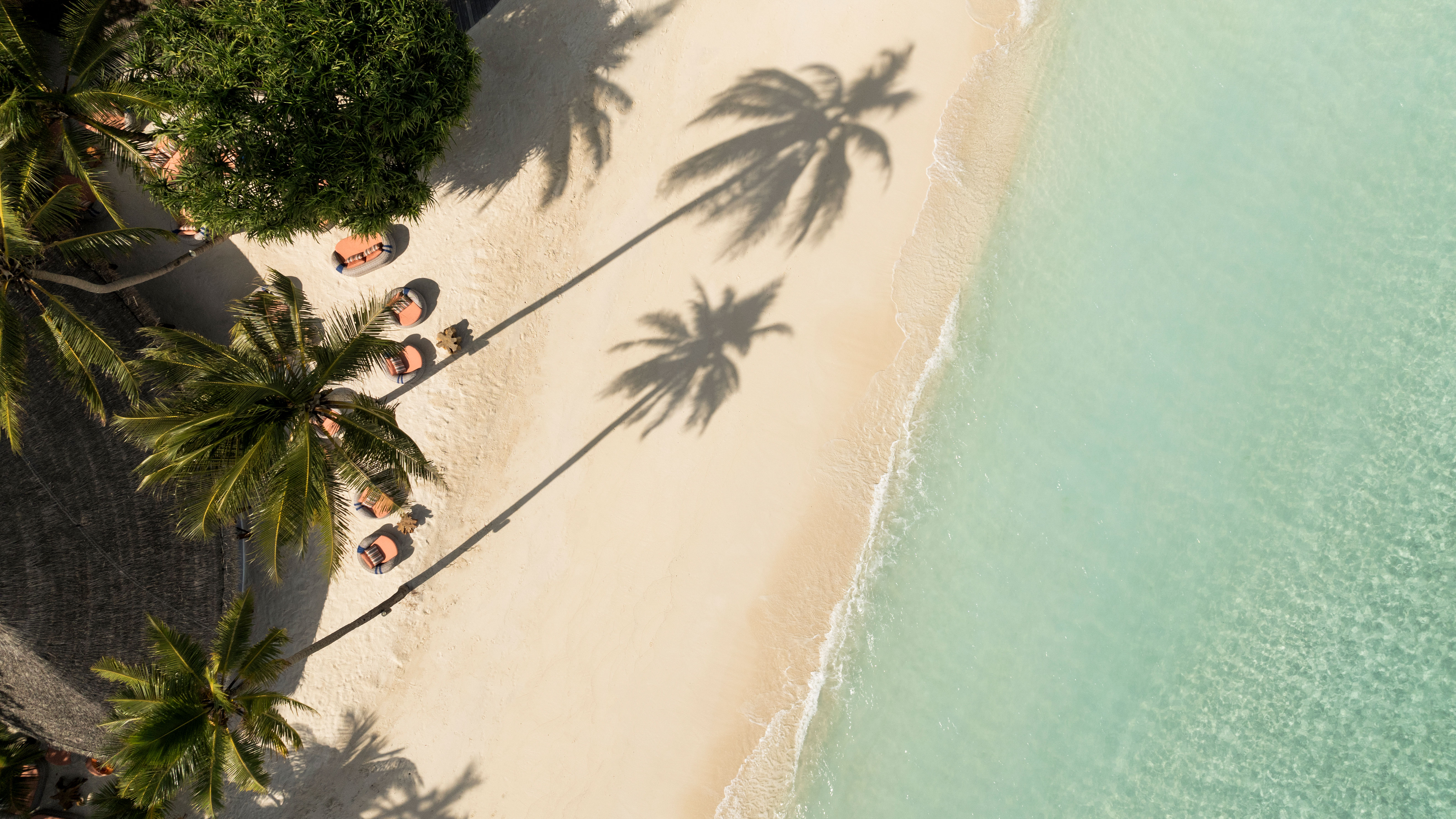 Review: Constance Moofushi and Halaveli – respite in the Maldives
Review: Constance Moofushi and Halaveli – respite in the MaldivesTravel The Constance resorts of Moofushi and Halaveli on two idyllic islands in the Maldives offer two wonderful ways to unwind
-
 Affordable Art Fair: The art fair for beginners
Affordable Art Fair: The art fair for beginnersChris Carter talks to the Affordable Art Fair’s Hugo Barclay about how to start collecting art, the dos and don’ts, and more
-
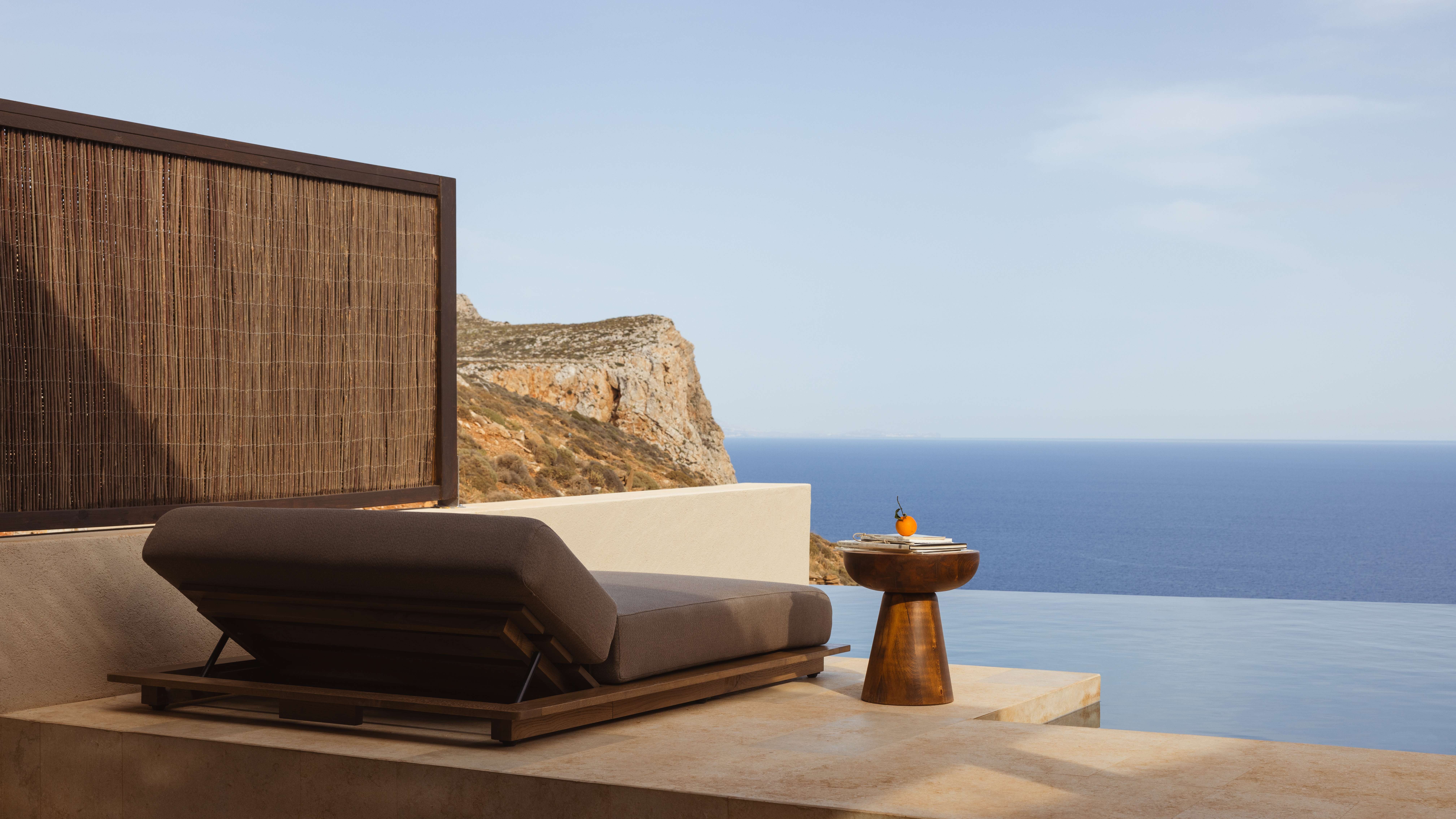 Review: Gundari, a luxury hotel in the Greek island of Folegandros
Review: Gundari, a luxury hotel in the Greek island of FolegandrosNicole García Mérida stayed at Gundari, a luxurious hotel on Folegandros, one of the lesser-known islands in the southern Cyclades in Greece
-
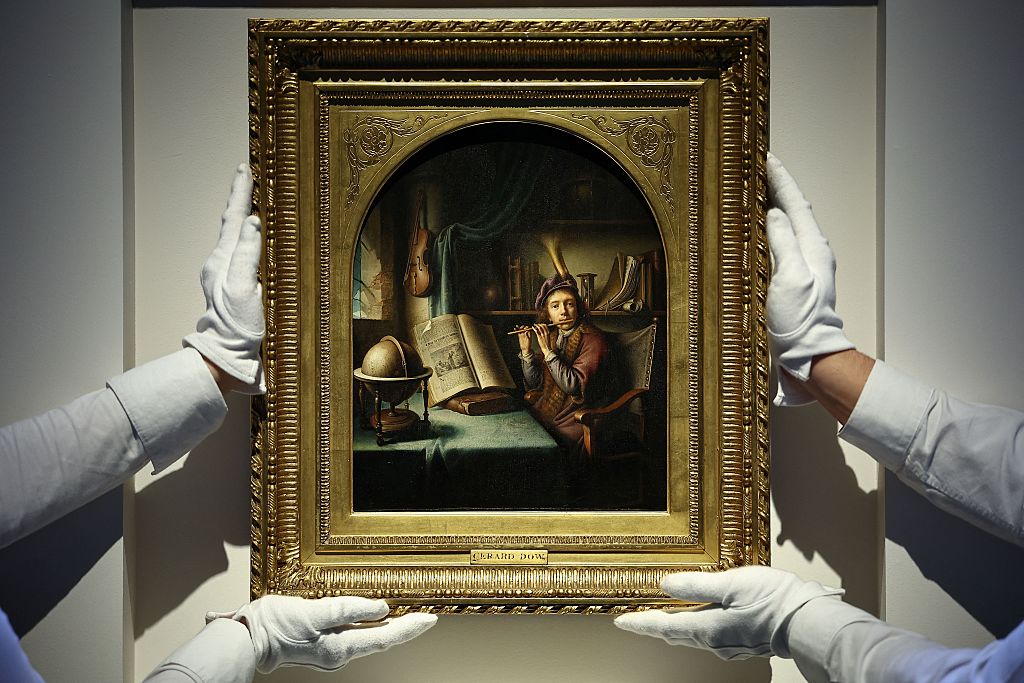 Fine-art market sees buyers return
Fine-art market sees buyers returnWealthy bidders returned to the fine-art market last summer, amid rising demand from younger buyers. What does this mean for 2026?
-
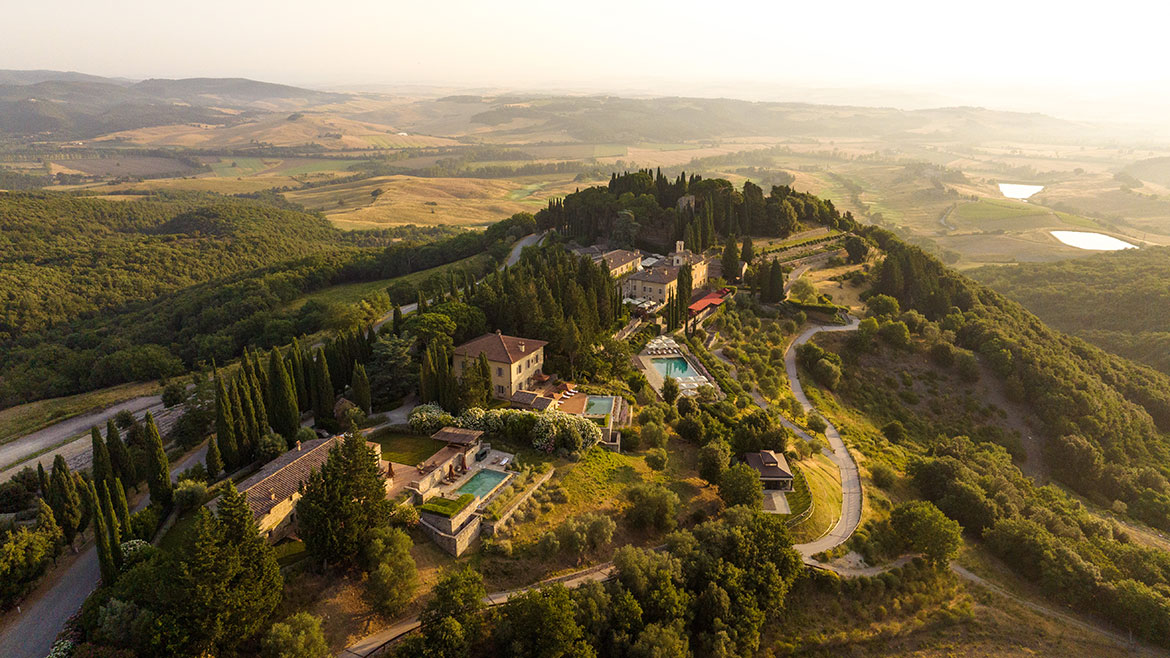 Review: Castiglion del Bosco, A Rosewood Hotel – a Tuscan rural idyll
Review: Castiglion del Bosco, A Rosewood Hotel – a Tuscan rural idyllTravel Play golf, drink exquisite wine and eat good food at Castiglion del Bosco, A Rosewood Hotel, all within the stunning Val d’Orcia National Park in Tuscany
-
 Review: A cultural tour of North India
Review: A cultural tour of North IndiaTravel Jessica Sheldon explores North India's food and art scene from three luxurious Leela Palace hotels in New Delhi, Jaipur and Udaipur
-
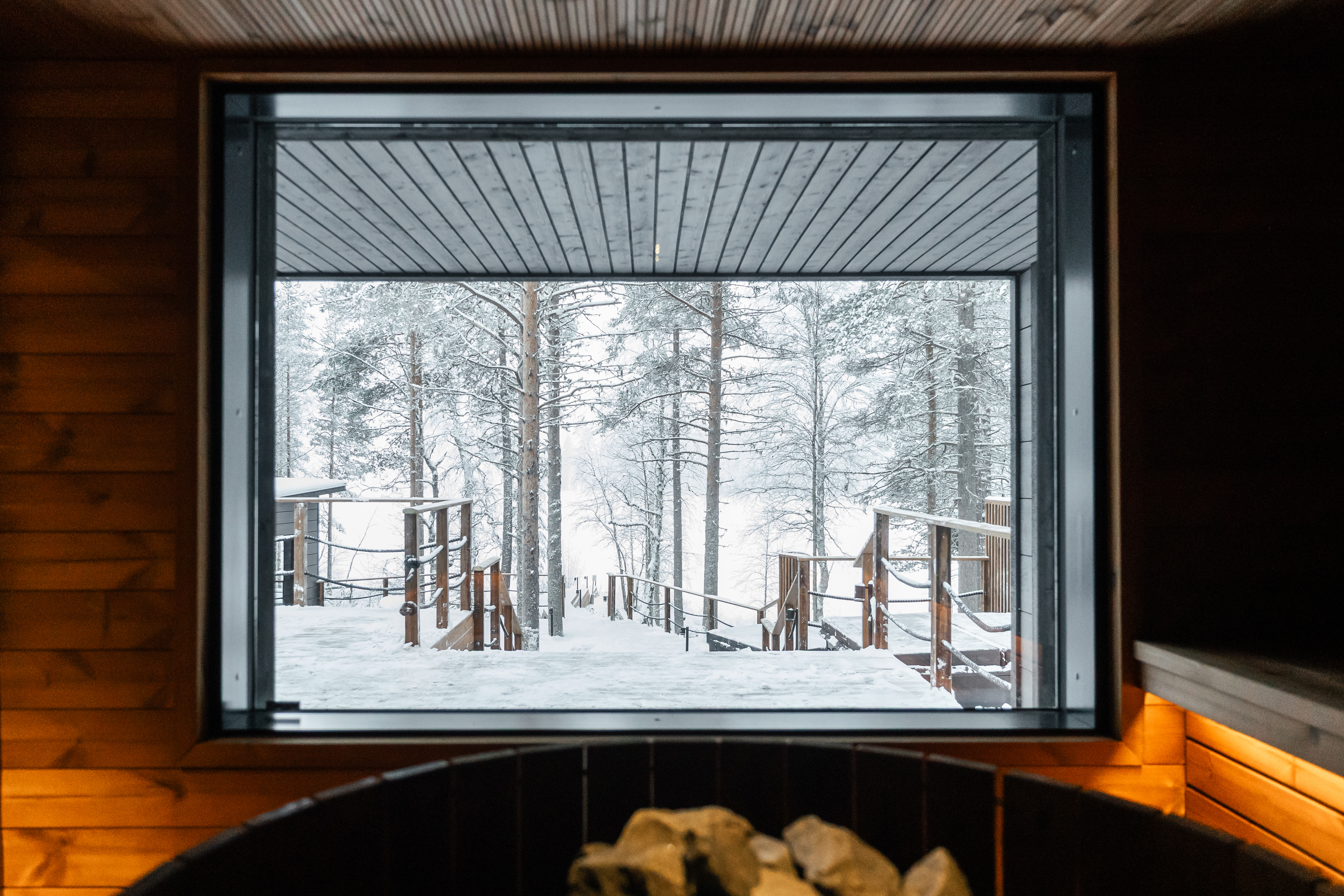 The best luxury saunas, spas and icy plunges
The best luxury saunas, spas and icy plungesRestore your mind and body with luxury fire and ice experiences, from warming saunas to icy plunges